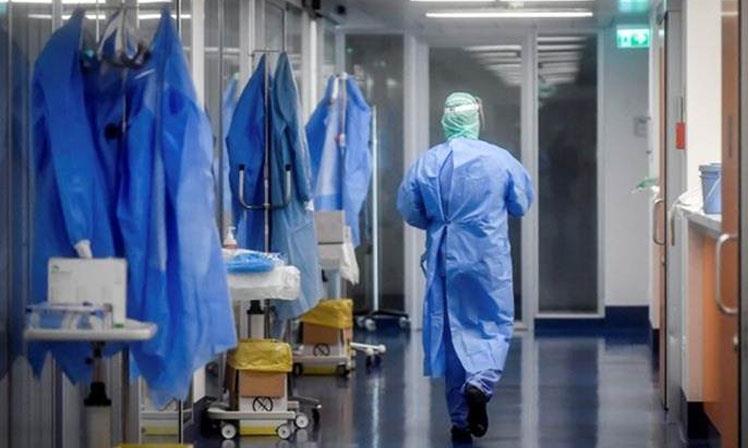
In two letters published in the Indian Journal of Medical Research (IJMR) on Saturday, scientists from AIIMS Delhi and AIIMS Raipur have critiqued the Indian Council of Medical Research (ICMR) study that found hydroxychloroquine (HCQ) an effective preventive drug against coronavirus in healthcare workers.
A June 1 ICMR study found a correlation between healthcare workers testing negative for Covid-19 and healthcare workers taking a high HCQ dosage (four or more). The methodology comprised interviewing Covid-positive healthcare workers and Covid-negative healthcare workers to plot their HCQ usage.
The letters argue the study�s reported correlation with increases in infection with low HCQ doses (less than four) was a concern, that association of protection and HCQ was �spurious�, and that serious side-effects need to be examined before administering the drug to healthcare workers.
The letter from AIIMS Delhi scientists argued that the ICMR study results indicating an increase of infection rates in healthcare workers who received two to three weekly doses was a �concern�. The ICMR study had found that 50 per cent of those not taking HCQ were Covid-19 positive, 60 per cent taking it without maintaining their dosage were positive, almost 70 per cent taking two to three doses were positive, 40 per cent taking four to five dosage were positive, and less than 20 per cent taking more than six doses were positive.
The authors of the ICMR study had written that the spike in correlation between low HCQ dosage and infection rate was probably due to healthcare workers becoming less cautious after taking a small amount of HCQ.
Scientists from AIIMS Delhi letter said, �However, this is less likely to be the case given numerous negative studies on HCQ as well as the negative press coverage on the same.�
Using another example of ammonium chloride that paradoxically increased risk of SARS infection, the authors argued that �it is biologically plausible that insufficient concentrations of HCQ may paradoxically increase the risk of infection�.
The ICMR authors responded to the letter from AIIMS Delhi by stating that the ammonium chloride example was applicable to SARS, not Covid-19, and that the chosen study did not �biologically explain why short duration of HCQ should increase the risk of infection for SARS-CoV-2�.
The AIIMS Delhi authors also said the study presented a false correlation because healthcare workers who had not been infected were more likely to continue taking the HCQ �thus leading to a spurious association between prolonged HCQ prophylaxis and lower infection rates. In this situation, working in non-COVID areas, use of adequate personal protective equipment, awareness about the disease and behavioural patterns may further confound this association�.
The letter from AIIMS Raipur scientists stated that the methodology of picking only symptomatic health care workers who were either positive or negative �needs critical attention� because of the large number of asymptomatic carriers of the virus.
The ICMR study authors responded by stating their selection process minimised bias because symptomatic negative healthcare workers were more similar to symptomatic positive healthcare workers and prevented �separate sampling considerations�.
AIIMS Raipur scientists also argued that the work environment and procedures such as ICU work and the type of procedures conducted by the healthcare worker should have been presented.
It also argued that complications involving red blood cells and the heart should be weighed as well and that conflicting studies about the efficacy of HCQ presents further doubts.
The ICMR researchers rebutted that the side-effects were self-reported and monitoring of specific effects was not in the mandate of the study.
Leave a comment: (Your email will not be published)